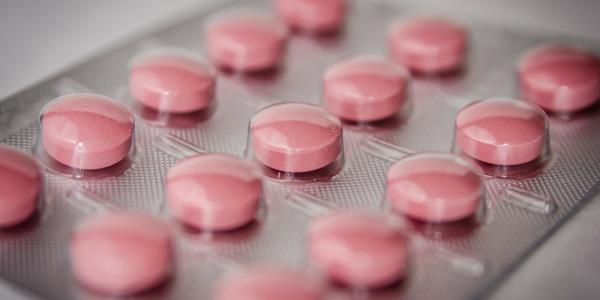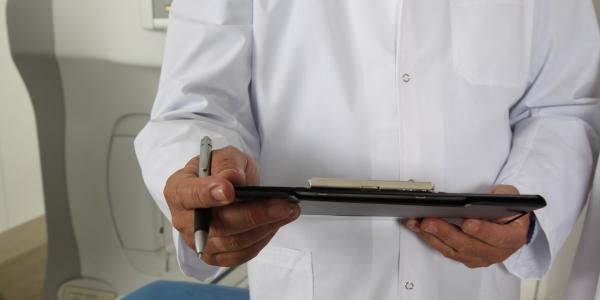Medications

Medications Could Help.
There are several medications available that can help people stop drinking. These medications can be used to help with different aspects of the treatment process.
Please remember that before starting any medication regime, you will need to talk with your primary care provider about your specific situation; they will be able to help you sort out whether or not medications are right for you, and which ones you should consider taking.
Medications that make it easier to drink less
Some medications out there can be used to treat a person’s cravings to drink, either by reducing them through medication or by creating an adverse physical consequence to the drinking itself.
- Acamprosate (Campral) works by decreasing the anxiety and discomfort that can cause cravings in alcohol-dependent people. Acamprosate is believed to help restore the chemical balance and prevent the feelings of discomfort associated with not drinking. Many people taking Acamprosate report they spend much less time thinking about drinking. It will not make you sick if you drink while taking this medication.
- Naltrexone tablets (Revia or Depade) or injectable (Vivitrol) is another medication that works to help people drink less by decreasing cravings for alcohol. It works by blocking opiate receptors in the brain, which seems to decrease alcohol addiction-related cravings in some people. This can then help to prevent relapse, and, for people that do lapse, lessens the likelihood of a full-blown relapse. Like Acamprosate, you will not get sick if you drink while taking Naltrexone.
- Disulfiram (Antabuse) is a drug that, if taken regularly, will prevent you from drinking at all. Drinking even a very small amount of alcohol will make you nauseous and possibly lead to vomiting. Disulfiram does not impact your cravings to drink, nor does it manage your withdrawal symptoms; rather it makes drinking so painful that you may no longer want to do it. For many people, this is an effective deterrent. However, this only works if you take the pill; without it, you will not feel sick when drinking.
Medications that help with withdrawal
Medications can also be used to help people deal with the sometimes painful effects of withdrawal while going through the detoxification process. At times, this is done in a medically controlled environment, like a hospital, especially when the withdrawal symptoms are particularly bad or even potentially life-threatening.
Now, this type of medically assisted withdrawal is typically only the first step in a treatment process that could include medications like those listed above; some type of behavioral treatment such as counseling; and possibly more intensive rehabilitation, either inpatient or outpatient. People who go through this type of detox but do not receive any additional treatment tend to return to the same drinking patterns as those who have never gone through any treatment. Those who finish detox and follow up with additional treatment have better outcomes and are more likely to achieve their goals. To learn more about detox and other treatment options please continue here.
Related Articles









